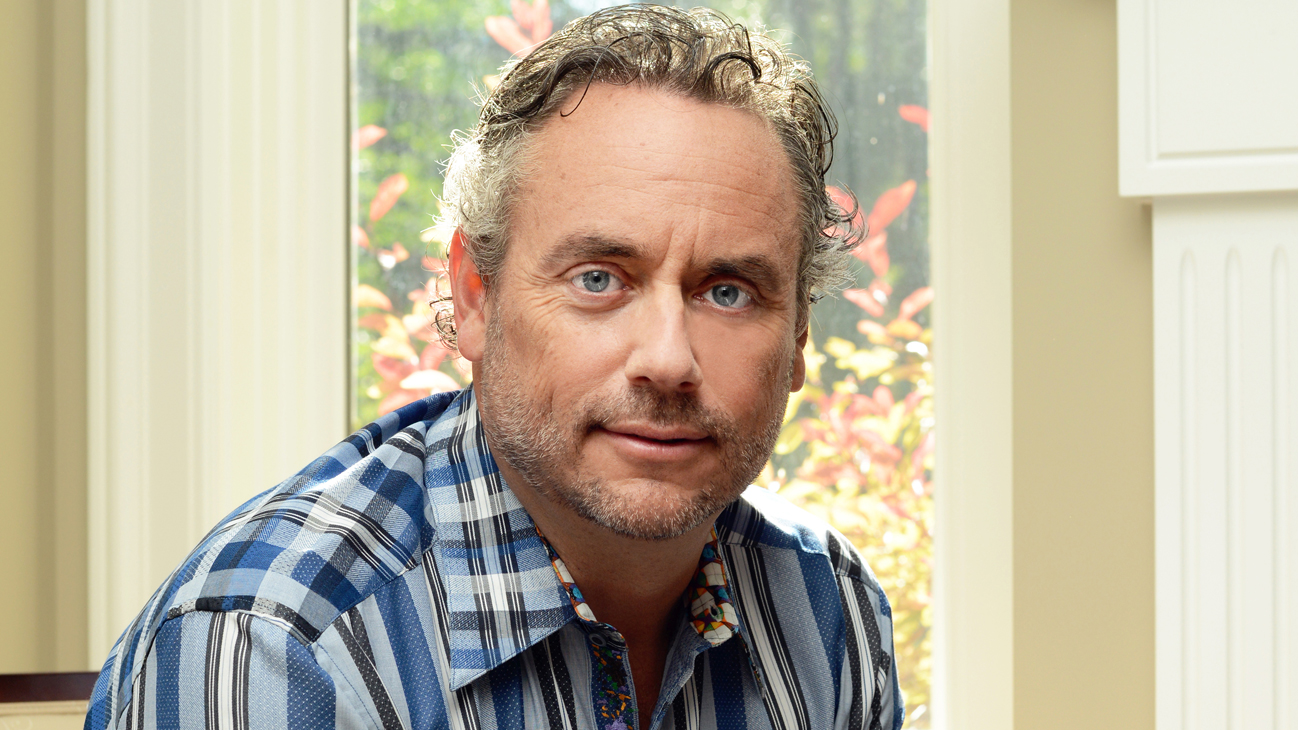Brett Wilson is a celebrated Canadian entrepreneur, respected philanthropist, and the all-time leading deal maker on CBC’s hit TV show, Dragons’ Den. Within a penchant for investing in people rather than projects, Wilson is proof that it’s possible to succeed in business without losing your principles. His stories about success, mistakes and finding balance leave his audiences inspired to achieve even the loftiest of personal goals.
He recently wrote an article in the Calgary Herald calling on us to put more effort into building an openness around often-hidden and stigmatized mental health struggles. Here’s part of that piece:
Just a few weeks ago, a friend and colleague died by his own hand. A well-known business and community leader, he was not yet 50. He seemed so unshakably confident, apparently living a full and meaningful life. During all the years that I knew him, and all the times we fiercely competed on various business deals, I never suspected any personal issues would eventually lead him to commit suicide. Based on the shocked community response, few others suspected he would be vulnerable to suicide either. His untimely death was yet another example of the dark clouds that often go unnoticed by both family and friends before someone takes his own life.
Every year in Canada, hundreds of thousands of potential years of fulfilling life are lost to suicide, largely due to depression — and often because people don’t know how to reach out for help. Despite collective progress in opening up about certain issues (for example, getting checked early and often for prostate cancer), the world of mental illness is still one we usually don’t talk about like we should. The cause really needs people who will openly share their stories of healing so that others can find hope.
I’m no stranger to depression myself. In my early 40s, my marriage was coming to an end. I was competing in the fast-paced world of investment banking, had let my health slide, and had gained a significant amount of weight. I realize now that the physical and emotional stress of that time resulted in severe depression (and a subsequent cancer diagnosis). I got through that difficult process with a lot of help. But my healing started when I became willing to admit that I needed help — and began to reach out for it.
Depression is common among those who die by their own hand, but other issues — like marital breakdown, a setback in finances, failing health, or a distinct lack of social support — can also create a perfect storm of events that together make suicide an all-too-common event.
Counselling was one of the tools I used to get on the path to healing and wholeness. For me, being willing to admit I needed support, and having the courage to face life as it comes, helped me stumble through various periods of adversity — from divorce to depression, to business and partnership failures, to cancer and work addiction treatment.
…
This holiday season — and for years to come — can we begin to agree on one thing? Can we agree that we need more than thoughts and prayers on mental health? Can we agree that we need talk and action?
Read the full story here.

